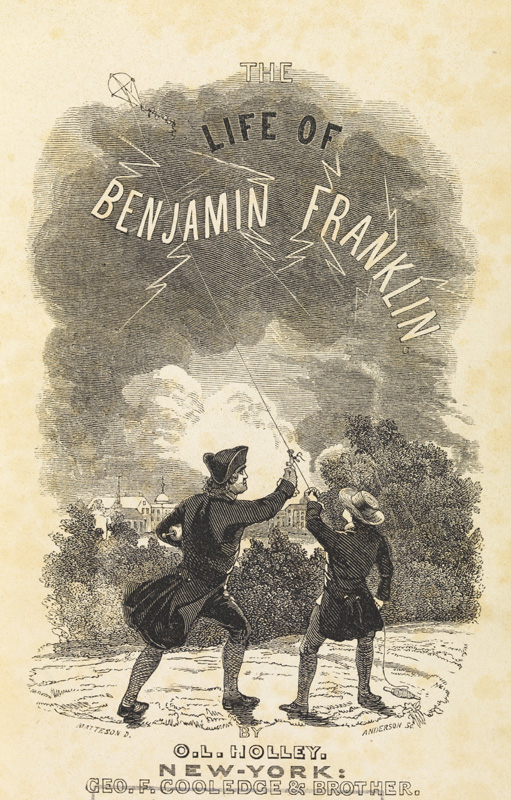In today’s Wall Street Journal I review the Broadway premiere of Theresa Rebeck’s Dead Accounts and a new revival of August Wilson’s The Piano Lesson. Here’s an excerpt.
* * *
Sometimes a play that doesn’t quite work can be more satisfying than a well-made piece of dramatic yard goods. It isn’t hard to see what’s wrong with Theresa Rebeck’s “Dead Accounts,” the story of a manic embezzler who takes the money and runs home to his mother–yet for all its manifest flaws, Ms. Rebeck’s new play is seldom predictable and never boring, and her cast, led by Norbert Leo Butz, glitters like sapphires on black velvet. If it’s perfection you want, go elsewhere, but you’ll miss out on an exceedingly interesting night at the theater.
 Jack, Mr. Butz’s character, turns up without warning at the back door of his childhood home in suburban Cincinnati, spewing one-liners in all directions. At first it seems that a comedy is getting underway, but it soon becomes clear that bad things have either happened or are about to, and by the time Jack starts pulling stacks of bank-strapped bills out of his pockets, you’ve got a pretty fair idea of what’s afoot. So do Lorna (Katie Holmes), Jack’s unhappy sister, and Barbara (Jayne Houdyshell), his blandly censorious mother, both of whom notice with alarm that he keeps cracking jokes about having murdered his wife….
Jack, Mr. Butz’s character, turns up without warning at the back door of his childhood home in suburban Cincinnati, spewing one-liners in all directions. At first it seems that a comedy is getting underway, but it soon becomes clear that bad things have either happened or are about to, and by the time Jack starts pulling stacks of bank-strapped bills out of his pockets, you’ve got a pretty fair idea of what’s afoot. So do Lorna (Katie Holmes), Jack’s unhappy sister, and Barbara (Jayne Houdyshell), his blandly censorious mother, both of whom notice with alarm that he keeps cracking jokes about having murdered his wife….
While the laughs don’t stop when the truth comes out, “Dead Accounts” is in fact a dead-serious comedy about what happens to people who, like Jack and Lorna, wake up one morning and realize that their lives haven’t lived up to their dreams. Is it possible to change course in midstream, or are you doomed to permanent disappointment? The problem is that Ms. Rebeck, like Neil Simon before her, finds it difficult to modulate decisively into a darker key–she keeps on cracking jokes long after the situation has ceased to call for them…
I’ve never seen a bad production of an August Wilson play–his work has a way of bringing out the very best in its performers–but some are inevitably better than others. Ruben Santiago-Hudson, whose 2006 Signature Theatre revival of “Seven Guitars” was nothing short of magnificent, has done it again with “The Piano Lesson,” Mr. Wilson’s 1987 play about a Pittsburgh family whose members seek to exorcise–literally–the ghosts of the past that keep them from grappling with the challenges of the present. The staging is taut and disciplined, the acting sumptuous, and Michael Carnahan’s precisely imagined two-story set would hold your attention even if the rest of the show didn’t measure up….
* * *
Read the whole thing here.
“Berta, Berta,” as sung by Charles S. Dutton, Carl Gordon, Tommy Hollis, and Lou Myers in the 1995 Hallmark Hall of Fame TV version of The Piano Lesson, directed by Lloyd Richards. All four men appeared in the play’s original Broadway production. The song was first recorded by Alan Lomax during a 1959 visit to Mississippi’s Parchman Farm Penitentiary:
Archives for November 2012
TT: Almanac
“We see ourselves at second-hand in them: they show us all that we are, all that we wish to be, and all that we dread to be.”
William Hazlitt, “On Actors and Acting”
TT: Once more, etc.
Paul Moravec and I are now officially at work on our third operatic collaboration.
 The King’s Man is a one-act chamber opera about the conflict between Benjamin Franklin and William, his illegitimate son, who were on opposite sides in the Revolutionary War–William, a Tory, remained loyal to the British government–and whose relationship was permanently sundered by their political differences.
The King’s Man is a one-act chamber opera about the conflict between Benjamin Franklin and William, his illegitimate son, who were on opposite sides in the Revolutionary War–William, a Tory, remained loyal to the British government–and whose relationship was permanently sundered by their political differences.
The King’s Man will be a companion piece to Danse Russe, our second opera, which was commissioned by Philadelphia’s Center City Opera Theater and premiered by them last year. The two works will make use of near-identical vocal and instrumental forces and are meant to be performed there as a double bill. Kentucky Opera, which is based in Louisville, announced today that The King’s Man will be developed in the company’s composer workshop program, then premiered in tandem with Danse Russe in October of 2013 as part of the company’s new Contemporary Opera Series.
To learn more about The King’s Man and Kentucky Opera, go here.
TT: So you want to see a show?
Here’s my list of recommended Broadway, off-Broadway, and out-of-town shows, updated weekly. In all cases, I gave these shows favorable reviews (if sometimes qualifiedly so) in The Wall Street Journal when they opened. For more information, click on the title.
BROADWAY:
• Annie (musical, G, reviewed here)
• Bring It On (musical, G, closes Dec. 30, reviewed here)
• A Christmas Story (musical, G, closes Dec. 30, reviewed here)
• Evita (musical, PG-13, reviewed here)
• The Mystery of Edwin Drood (musical, PG-13, most performances sold out last week, reviewed here)
• Once (musical, G/PG-13, most performances sold out last week, reviewed here)
• Who’s Afraid of Virginia Woolf? (drama, PG-13/R, reviewed here)
OFF BROADWAY:
• Avenue Q (musical, R, adult subject matter and one show-stopping scene of puppet-on-puppet sex, reviewed here)
• The Fantasticks (musical, G, suitable for children capable of enjoying a love story, reviewed here)
• Tribes (drama, PG-13, closes Jan. 6, reviewed here)
• Vanya and Sonia and Masha and Spike (comedy, PG-13, closes Jan. 13, reviewed here)
CLOSING SOON OFF BROADWAY:
• Giant (musical, G/PG-13, closes Dec. 16, reviewed here)
TT: Almanac
“And as for the critics, it is very rare that you get the reviews you want. I don’t think many interesting actors or good plays are every really ignored or dismissed, but critics see too many bad plays and always have to write in a hurry. If they are proud of their craft, they get more interested in their own writing style than what they are supposed to be writing about.”
John Gielgud (quoted in Sheridan Morley, John Gielgud: The Authorized Biography)
TT: Snapshot
W. Somerset Maugham is interviewed by Malcolm Muggeridge on the BBC in 1954. The occasion was the publication of Ten Novels and Their Authors, Maugham’s latest book:
(This is the latest in a series of arts-related videos that appear in this space each Monday and Wednesday.)
TT: Almanac
“My characters tell me so much and no more, with reference to their experience, their aspirations, their motives, their history. Between my lack of biographical data about them and the ambiguity of what they say lies a territory which is not only worthy of exploration but which it is compulsory to explore.”
Harold Pinter, “Writing for the Theatre”
TT: Lookback
 From 2004:
From 2004:
I know of very few American men of affairs (to exhume a wonderfully musty old phrase) who have much of anything to do with art other than as collectors, in which capacity they not infrequently develop considerable sophistication over time. But ask them to talk about the art they own and they have a way of coming up short. This doesn’t necessarily mean they get no aesthetic pleasure out of their art–intellectuals have a nasty habit of regarding verbal dexterity as a virtue, invariably to their cost–but it does make you wonder….
Read the whole thing here.
